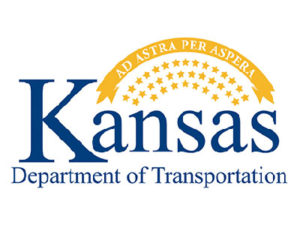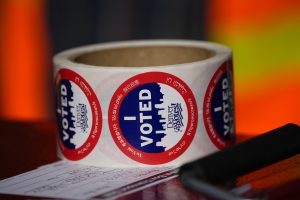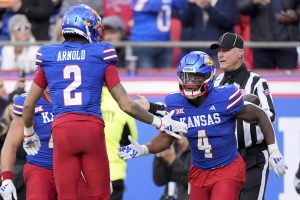Kroger and Albertsons prepare to make a final federal court argument for their merger

By DEE-ANN DURBIN and CLAIRE RUSH Associated Press
PORTLAND, Ore. (AP) — Kroger and Albertsons were expected to present their closing arguments Tuesday in a U.S. District Court hearing on their proposed merger, which the federal government hopes to block.
Over the course of the three-week hearing in Portland, Oregon, the two companies have insisted that merging would allow them to lower prices and more effectively compete with retail giants like Walmart and Amazon.
The Federal Trade Commission argued that the deal would eliminate competition and lead to higher food prices for already struggling customers.
In 2022, Kroger and Albertsons proposed what would be the largest supermarket merger in U.S. history. But the FTC sued to prevent the $24.6 billion deal.
The FTC wants U.S. District Judge Adrienne Nelson to issue a preliminary injunction that would block the deal while its complaint goes before an in-house administrative law judge.
In testimony during the hearing, the CEOs of Albertsons and Kroger said the merged company would lower prices in a bid to retain customers. They also argued that the merger would boost growth, bolstering stores and union jobs.
FTC attorneys have noted that the two supermarket chains currently compete in 22 states, closely matching each other on price, quality, private label products and services like store pickup. Shoppers benefit from that competition and would lose those benefits if the merger is allowed to proceed, they said.
The FTC and labor union leaders also argued that workers’ wages and benefits would decline if Kroger and Albertsons no longer compete with each other. They also expressed concern that potential store closures could create so-called food and pharmacy “deserts” for consumers.
Under the deal, Kroger and Albertsons would sell 579 stores in places where their locations overlap to C&S Wholesale Grocers, a New Hampshire-based supplier to independent supermarkets that also owns the Grand Union and Piggly Wiggly store brands.
The FTC says C&S is ill-prepared to take on those stores. Laura Hall, the FTC’s senior trial counsel, cited internal documents that indicated C&S executives were skeptical about the quality of the stores they would get and may want the option to sell or close them.
But C&S CEO Eric Winn testified that he thinks his company can be successful in the venture.
The attorneys general of Arizona, California, the District of Columbia, Illinois, Maryland, Nevada, New Mexico, Oregon and Wyoming all joined the case on the FTC’s side. Washington and Colorado filed separate cases in state courts seeking to block the merger.
Kroger, based in Cincinnati, Ohio, operates 2,800 stores in 35 states, including brands like Ralphs, Smith’s and Harris Teeter. Albertsons, based in Boise, Idaho, operates 2,273 stores in 34 states, including brands like Safeway, Jewel Osco and Shaw’s. Together, the companies employ around 710,000 people.
If Judge Nelson agrees to issue the injunction, the FTC plans to hold the in-house hearings starting Oct. 1. Kroger sued the FTC last month, however, alleging the agency’s internal proceedings are unconstitutional and saying it wants the merger’s merits decided in federal court. That lawsuit was filed in federal court in Ohio.
The attorneys general of Arizona, California, the District of Columbia, Illinois, Maryland, Nevada, New Mexico, Oregon and Wyoming all joined the FTC’s lawsuit on the commission’s side. Washington and Colorado filed separate cases in state courts seeking to block the merger. Washington’s case opened in Seattle on Monday. _
Durbin reported from Detroit.









